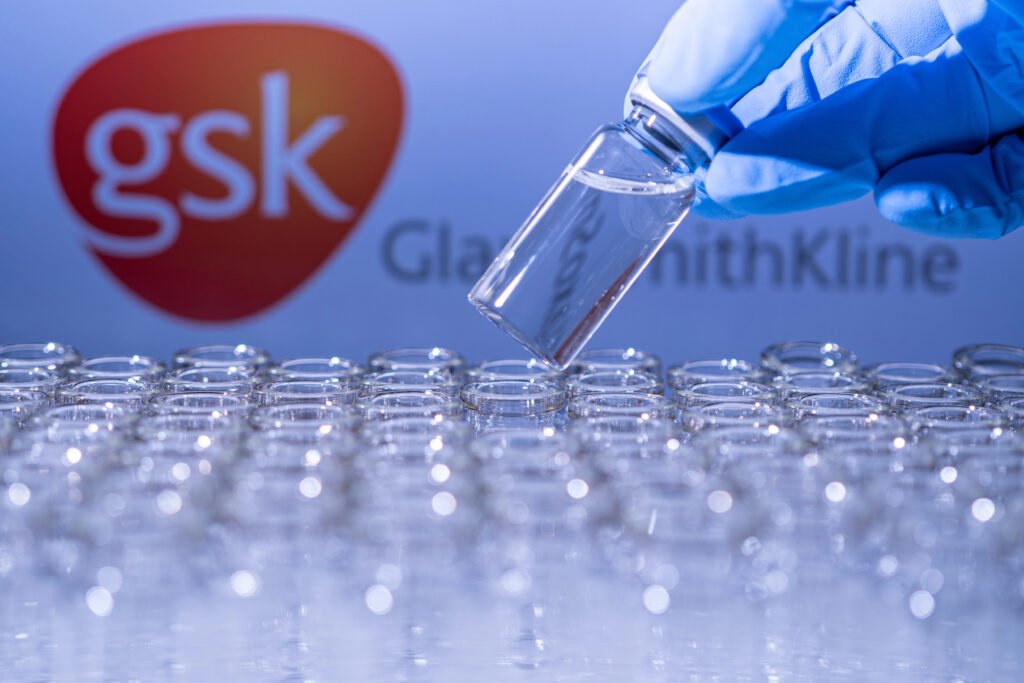GSK’s long-acting biologic reduces exacerbations and improves lung function in eosinophilic asthma, offering a potential once-yearly treatment option.
GSK’s long-acting biologic reduces exacerbations and improves lung function in eosinophilic asthma, offering a potential once-yearly treatment option.

A New Contender in Asthma Biologics
GlaxoSmithKline (GSK) has announced positive results from its Phase III trial of Depemokimab, a long-acting anti-IL-5 monoclonal antibody developed for severe eosinophilic asthma. The data, released on 05 December 2024, show that the drug significantly reduced asthma exacerbations and improved lung function over a 12-month period.
Unlike existing IL-5 inhibitors such as mepolizumab and benralizumab, which require monthly or bimonthly dosing, Depemokimab is designed for once-yearly administration, potentially transforming adherence and convenience for patients with chronic respiratory disease.
Trial Highlights
The multicenter, double-blind study enrolled over 1,000 patients with uncontrolled eosinophilic asthma despite standard therapy. Key findings include:
These results position Depemokimab as a strong candidate for regulatory submission in 2025, with GSK aiming to expand its respiratory portfolio amid growing competition in biologics.
Implications for Global Asthma Care
Severe asthma affects an estimated 30 million people worldwide, many of whom struggle with frequent attacks and poor quality of life. A once-yearly biologic could dramatically improve access and adherence, particularly in underserved regions and healthcare systems with limited infrastructure.
GSK is also exploring Depemokimab’s potential in other eosinophilic-driven diseases, including chronic rhinosinusitis with nasal polyps and eosinophilic granulomatosis with polyangiitis (EGPA).
Keep in touch with our news & offers